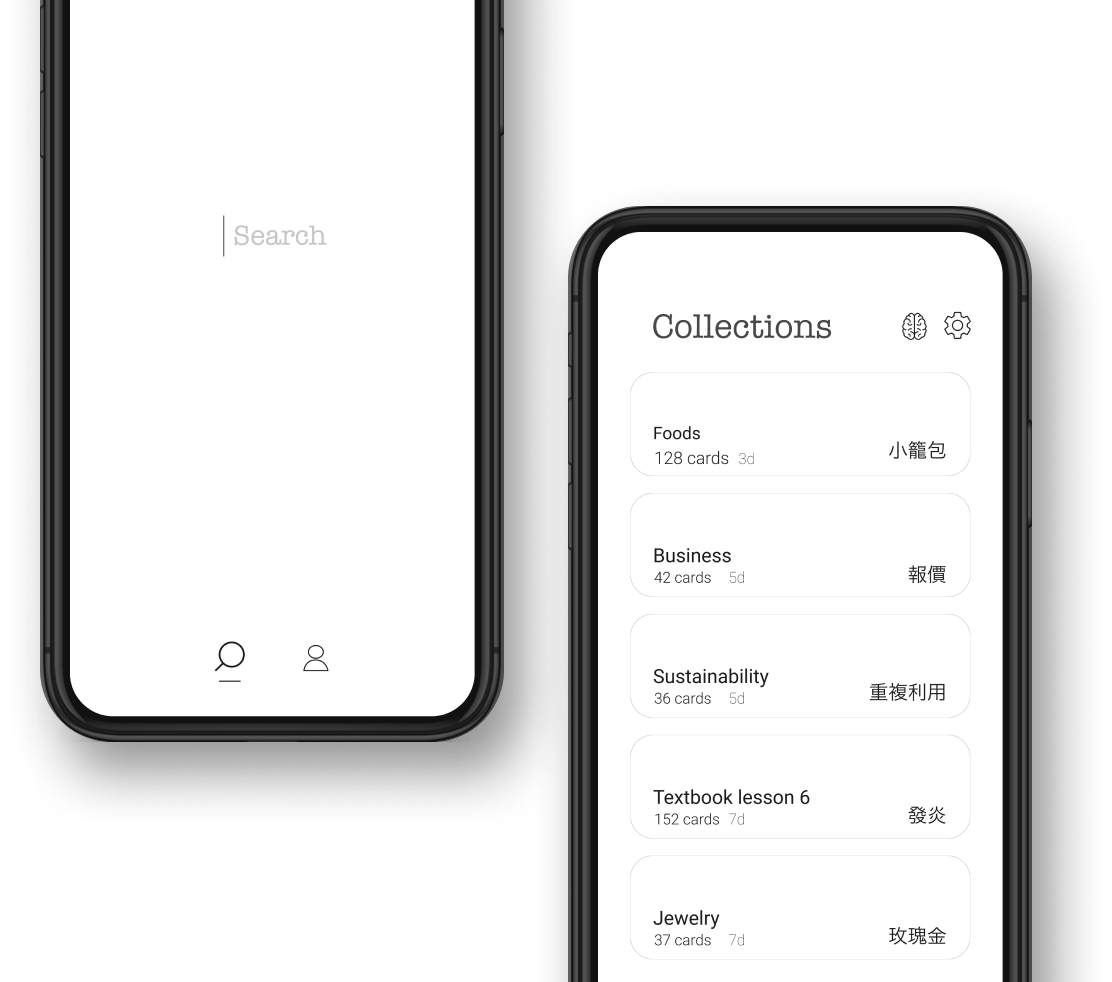Meaning of diào:
掉
to fall; to drop; to lag behind; to lose; to go missing; to reduce; fall (in prices); to lose (value, weight etc); to wag; to swing; to turn; to change; to exchange; to swap; to show off; to shed (hair)
Qiūtiān dào le, shùyè kāishǐ diào xiàlai.
秋天到了,树叶开始掉下来。
Autumn has arrived, and the leaves start to fall.
Wǒ bù xiǎoxīn bǎ bēizi shuāi diào le.
我不小心把杯子摔掉了。
I accidentally dropped the cup.
Tā zài bǐsài zhōng diào le liǎng fēnzhōng.
他在比赛中掉了两分钟。
He lagged behind by two minutes in the race.
Wǒ de yàoshi diào le.
我的钥匙掉了。
I lost my keys.
Wǒ fàng zài zhuōzi shàng de shū bùjiàn le, nà běn shū kěnéng shì diào le.
我放在桌子上的书不见了,那本书可能是掉了。
The book I left on the table is missing, it might have gone missing.
Shuǐwēn yǐjīng diào le hěn duō dù.
水温已经掉了很多度。
The water temperature has already reduced by many degrees.
Shuǐguǒ de jiàgé tūrán diào le.
水果的价格突然掉了。
The price of fruit suddenly fell.
Tā de shǒujī yòu diào le.
他的手机又掉了。
He lost his phone again.
Xiǎogǒu gāoxìng de yáozhe wěibā diào lái diào qù.
小狗高兴地摇着尾巴掉来掉去。
The puppy happily wagged its tail back and forth.
Dēnglóng zài fēng zhōng yáo diào.
灯笼在风中摇掉。
The lanterns swing in the wind.
Tā bǎ dēng kāi cuò fāngxiàng, yònglì yī zhuǎn, dēngpào jiù huài diào le.
他把灯开错方向,用力一转,灯泡就坏掉了。
He turned the light in the wrong direction, and with a forceful twist, the bulb broke.
Tā de xīnqíng xiàng tiānqì yīyàng, shuō biàn jiù diào.
他的心情像天气一样,说变就掉。
His mood changes like the weather, changing as quickly as it can.
Wǒ yòng yīxiē jiù de shū lái hé tā diào hěn duō xīn de shū.
我用一些旧的书来和他掉很多新的书。
I used some old books to exchange with him for many new ones.
Wǒ bǎ liǎng zhī bǐ diào le wèizhì.
我把两支笔【掉】了位置。
I swapped the positions of the two pens.
Tā zǒng shì xǐ huān zài gōng zuò zhōng diào tā de chéng jiù.
他总是喜欢在工作中掉他的成就。
He always likes to show off his achievements at work.
Qiūtiān, shù shàng de yèzi kāishǐ mànmàn de diào xiàlái.
秋天,树上的叶子开始慢慢地掉下来。
In autumn, the leaves on the trees begin to slowly fall down.
(used after certain verbs to express completion, fulfillment, removal etc)
Tā yǐjīng bǎ shìqíng bàn diàole.
他已经把事情办掉了。
He has already taken care of things.

